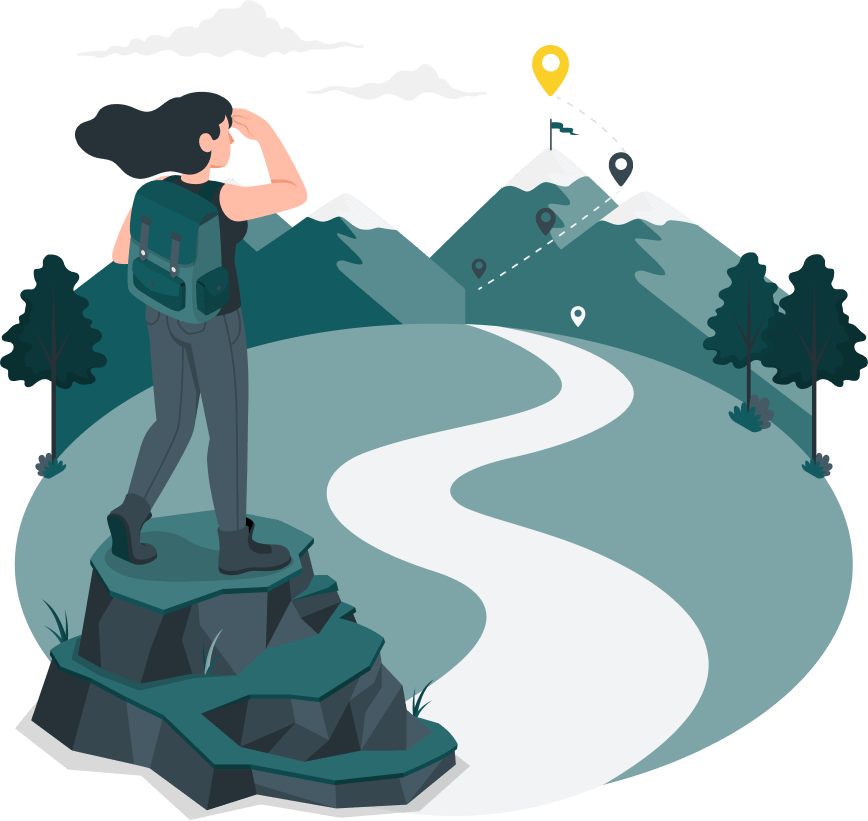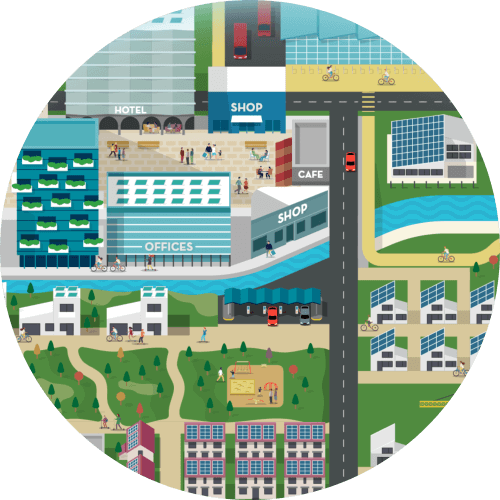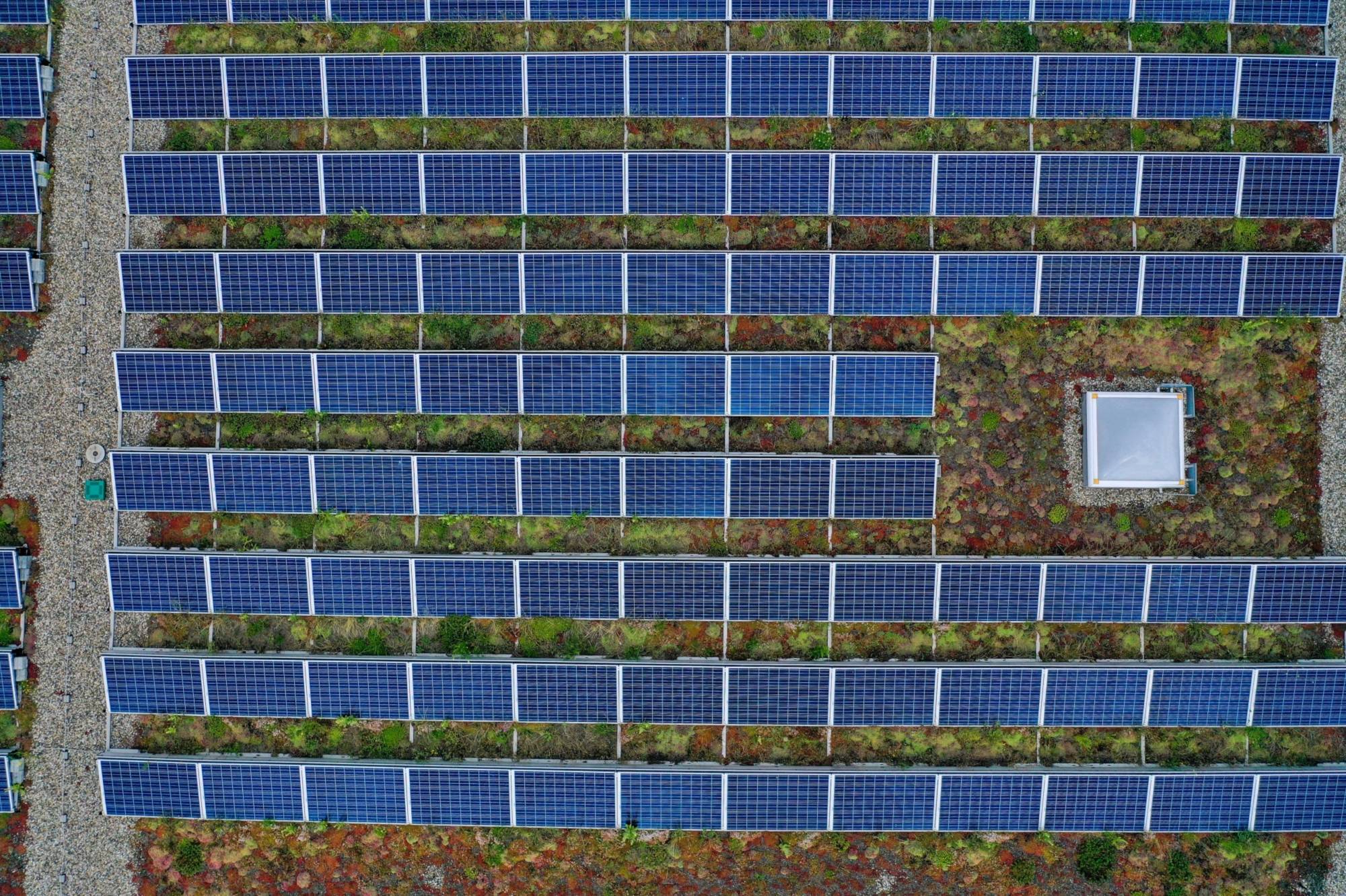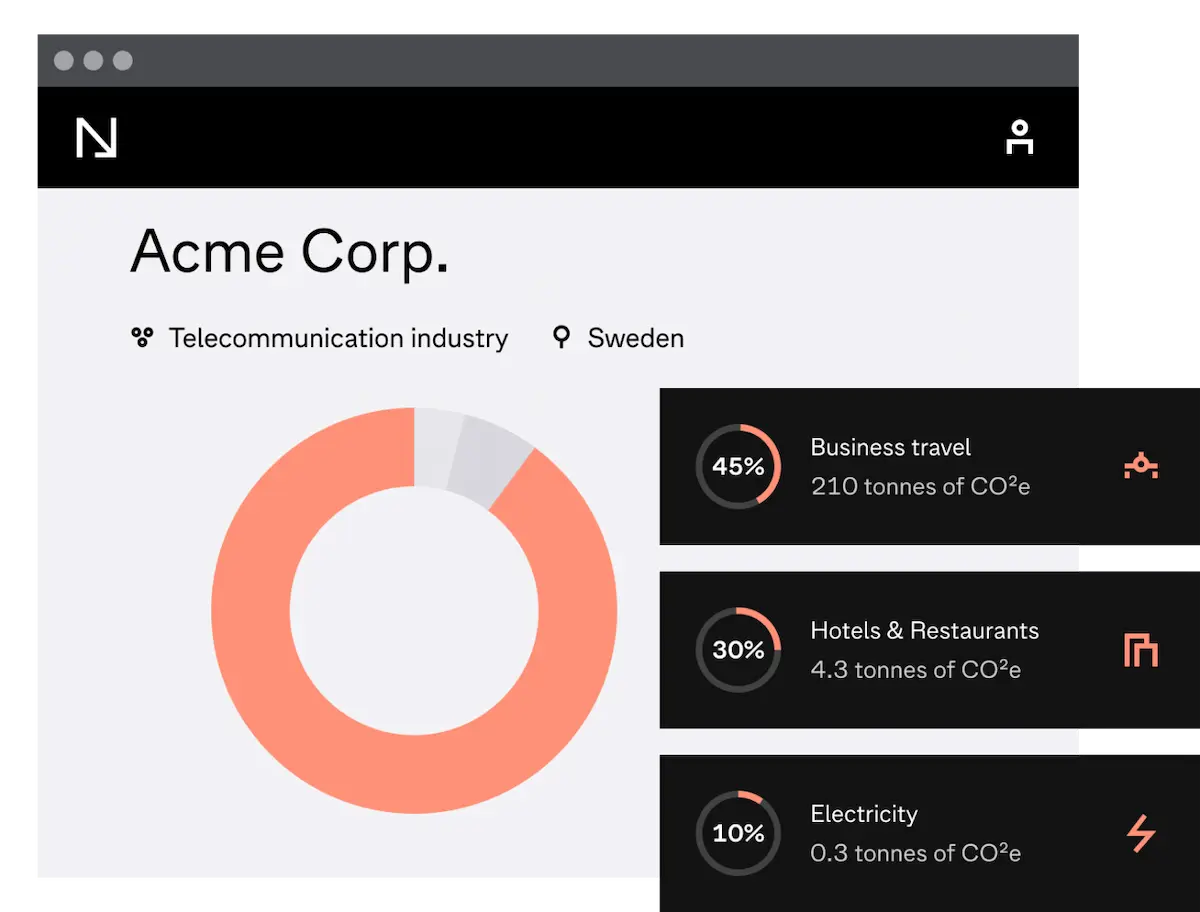Responsible Sustainable Drinkware Company MiiR Proves Small Climate-Action Steps Yield Big Rewards
For companies on the fence about climate-action initiatives, responsible steel drinkware brand MiiR offers their own hard-earned wisdom: “Climate-change mitigation is a sound financial decision,” says Devon Richardson, the company’s Giving & Sustainability Manager. “There’s more often than not an ROI, and a huge potential to tap into new markets and build customer loyalty that will outlast economic downturns and increased competition.”
Data shows that energy-efficiency changes can help businesses reduce overall emissions and operating costs. Pair that with the financial threats of climate change—from unprecedented heat waves stressing supply chains to new weather patterns changing customers’ lifestyles—and it’s easy to see why SME Climate Hub member MiiR views climate action as a win-win business strategy. “Costs of everything are rising as a result of the physical effects of climate change, and they threaten to impact the entire economy,” says Richardson.
Since launching in 2010 in the Pacific Northwest, MiiR has become a certified B Corp member, joined 1% for the Planet, through which the company donates at least 1% of all profit to environmental causes, and became carbon neutral certified in 2019.
MiiR’s sustainability journey proves climate action pays off, whether it’s cultivating a new customer base or uncovering game-changing product innovations.
Collaboration creates change
Businesses can make significant sustainability strides on their own, but in Richardson’s eyes, we’re in this together; a collective effort leads to large-scale change. “The more small and medium-sized businesses engage in climate action and emissions reduction, the more groundswell we can generate, the more policy we can influence, and the more demand we can create for positive climate action,” Richardson says.
The idea of collaboration goes deeper than working in tandem with business peers. According to Richardson, a key to climate-action success stems from who you choose to do business with.
“Since MiiR’s inception, we have been steadily moving a majority of our businesses over to suppliers with the strongest environmental goals and performance,” Richardson says. “We choose suppliers that are able to provide us with innovative solutions to material problems, and as we look towards lower-impact materials, suppliers that are able to work with and certify recycled content.”
Richardson notes they hold this standard for partners around the world. “Our suppliers in China are all adding solar installments and focusing on energy efficiency, as the grid in China has been unpredictable. Making these investments has saved them time and money, and will soon be paid off.”
Climate action: a sound business strategy
Climate change may bring business risks, but with that, comes opportunity—something many SME Climate Hub members have learned firsthand. For MiiR, climate action led to important product innovations and exposure to a new customer base.
“Through the process of measuring, goal setting, and reporting, we have become much more data savvy,” says Richardson. “It has afforded us the opportunity to uncover so much useful information that we’ve applied to our design and innovation, business operations, and even key messaging.”
One key area of innovation: selecting materials. “We’re making decisions around materials, components, shapes, and the design of products in order to make them as durable and uncomplicated as possible, to ensure straightforward recycling at the end of each product’s life,” says Richardson.
During MiiR’s climate-action journey, the brand has also cultivated a loyal fanbase of both existing and new customers. “We’ve built more trust with our existing consumers, and we’ve drawn in a new audience of conscious consumers as well as mission-aligned brand partners,” says Richardson. “Taking concrete action to drive down our emissions, and being able to authentically articulate our climate goals (and progress against them) has led to great business outcomes.”
Setting and sticking to emission-reduction goals
In 2019, MiiR became Climate Neutral certified; this certification means MiiR commits to measure and offset its carbon footprint. The company is working toward becoming net zero in 2030. Emission-reduction goals to achieve this include:
- Reducing air freight to less than 10% of all freight,
- Reducing and removing all virgin plastics and material from packaging, and
- Transitioning to a higher percentage of PCR plastics in products.
Richardson says the company’s main emissions come from product materials – largely stainless steel – plus the energy and fuel required for production. They’ve identified these areas for improvement, and are already making major strides.
“Working within specific international market constraints, we are doing all that we can to transition toward PCR and PIR materials,” Richardson says. “As far as energy and supplier efficiency goes, we are working with our suppliers both independently and in partnership with other drinkware brands to drive down emissions at a factory level, and assess the efficacy of additional renewable energy sources.”
The potential of re-evaluating these business practices, from manufacturing partners to materials used, can be monumental. “We could halve our emissions just by transitioning to recycled materials,” says Richardson.
Richardson says the SME Climate Hub is key to helping MiiR reach its net zero by 2030 goal.
“The SME Climate Hub framework makes measuring, reporting, and goal-setting incredibly easy,” Richardson says. “We chose to make the SME Climate Commitment to align with like-minded businesses and to assist in the building of our company-specific action plan for reducing business emissions.”
To embark on your business’ climate-action journey, join over 5,000 global businesses, like MiiR, in making the SME Climate Commitment.
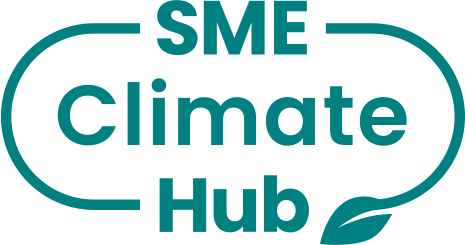
 Go back
Go back